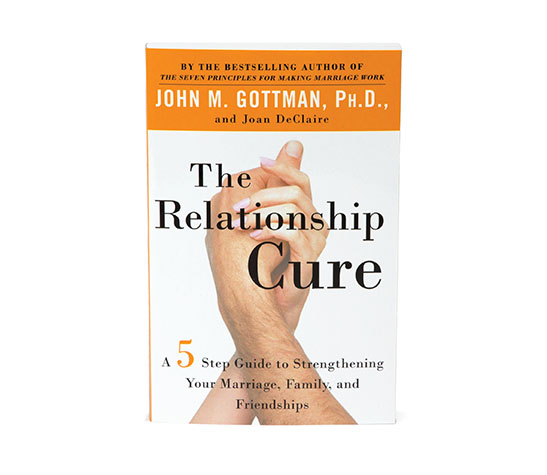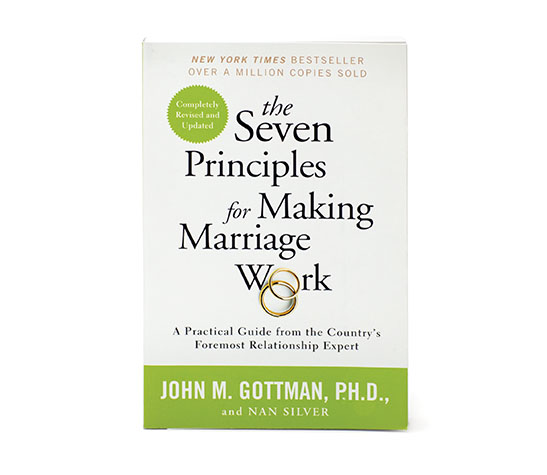With a shift in personal goals, values, and roles that differs greatly from previous generations, more and more millennials — those born from 1981 to 1996 — are tapping the brakes on marriage. Led by their desire to focus on their careers, personal needs and goals, forming a substantial financial foundation upon which to create a family, and even questioning the meaning of marriage itself, this current generation of young couples is redefining marriage.
According to a study from the Pew Research Center that compares millennials to The Silent Generation (born roughly from 1925 to 1942), millennials are three times as likely to never have married as their grandparents were. Reasons why millennials have postponed marriage include:
- 29% feel like they aren’t financially ready
- 26% haven’t found someone with the right qualities
- 26% feel they are too young to settle down
Compared to previous generations, millennials are marrying — if they do choose marriage at all — at a much older age. In 1965, the average marrying age for women was 21, and for men, it was 23. Today, the average age for marriage is 29.2 for women and 30.9 for men, as reported by The Knot 2017 Real Weddings Study. A recent Urban Institute report even predicts that a significant number of millennials will remain unmarried past the age of 40.
These statistics indicate an important cultural shift. “For the first time in history, people are experiencing marriage as an option instead of a necessity,” says Brooke Genn, a married millennial and a relationship coach. “It’s a fascinating happening, and an incredible opportunity for marriage to be redefined and approached with more reverence and mindfulness than ever before.”
Millennials place personal needs and values first
Many millennials are waiting and planning to be more strategic in other aspects of their life, like their career and financial future, while also pursuing their personal values like politics, education, and religion.
“I’m holding off on marriage as I grow to better find my place in a world that puts women in prescriptive roles,” says Nekpen Osuan, co-founder of the women’s empowerment organization WomenWerk, who is 32 and plans to marry later. As she looks for the right partner to settle down with, Osuan is mindful of finding someone who shares her same values in marriage, religion, and politics. “I am navigating how my ambition as a woman — specifically my entrepreneurial and financial goals — can fit in my goals as a future wife and mother.”
A shift in women’s role in society is also contributing to putting off marriage for a while, as women pursue college, careers, and other options that weren’t available or accessible for previous generations of women. Millennials, compared to The Silent Generation, are overall better educated, and especially women: they are now more likely than men to attain a bachelor’s degree, and are much more likely to be working than their Silent Generation counterparts.
“I think millennials are waiting because women have more choice than ever before. They are choosing to focus on their careers for a longer period of time and using egg freezing and other technology to ‘buy time,’” says Jennifer B. Rhodes, a licensed psychologist and relationship expert who runs the New York City relationship consulting firm, Rapport Relationships. “This shift in the view of marriage as now a luxury rather than a necessity has prompted women to be more selective in choosing a partner.”
On the flipside, Rhodes says that men are shifting into a more of an emotional support role rather than a financial support role, which has allowed them to be more mindful about marriage. The Gottman Institute’s research into emotional intelligence also indicates that men with higher emotional intelligence — the capacity to be more empathetic, understanding, validating of their partner’s perspective, to allow their partner’s influence into decision-making, all of which are learned behaviors — will have more successful and satisfying marriages.
Millennials question the institution of marriage
Other millennials are getting married later as they have shown skepticism towards marriage, whether that be because they witnessed their parents get divorced or because they think lifelong cohabitation may be a more convenient and realistic option than the binding legal and economic ties of marriage.
“This lack of formal commitment, in my opinion, is a way to cope with anxiety and uncertainty about making the ‘right’ decision,” says Rhodes. “In previous generations, people were more willing to make that decision and figure it out.” Whatever the reason for holding off on marriage, these trends show how the generational shift is redefining marriage, both in terms of what is expected in marriage, when to get married, and whether or not marriage is even a desirable option.
By waiting longer to get married, millennials also open themselves up to a number of serious relationships before they decide to commit to their life partner, which puts newly married couples on different developmental footing compared to newlyweds from their parents’ or grandparents’ generation.
“Millennials today entering marriage are much more aware of what they need to be happy in a relationship,” says Dr. Wyatt Fisher, licensed psychologist and couples counselor in Boulder, Colorado. “They desire equality in overall workload and chores, and they desire both spouses having a voice and sharing power.”
For some millennial couples, they’d rather avoid the term “spouse” as well as “marriage” altogether. Instead, they are perfectly happy to be lifelong partners without the marriage license. Because marriage historically has been a legal, economic, religious, and social institution — marry to combine assets and taxes, to benefit from the support of each other’s families, to fit the mold of societal attitudes, or event to fulfill a type of religious or cultural “requirement” to hold a lifelong relationship and have kids — younger couples may not want to give in to those kinds of pressures. Instead, they claim their relationship as entirely their own, based on love and commitment, and not in need of external validation.
Millennials have a strong sense of identity
Millennials also are gaining more life experiences by waiting to marry. In the career world — despite the burden of student loans — they are trying to climb the ladder and become financially independent. They are exploring their individual interests and values and gaining valuable experience, and they feel that is their prerogative.
“Waiting [until] later can mean that individuals have a more established individual adult identity prior to marriage,” says Rebekah Montgomery, a clinical psychologist in Boston, Massachusetts. “It also offers many strengths, including typically more financial stability, professional success, emotional development, and self-awareness.”
For millennials, this may be a very good choice — knowing who you are, what you want, and how to achieve it is a solid foundation upon which to build a lifelong relationship or to raise kids. For them, it seems to make more sense to figure out those important life values and goals prior to jumping into marriage and/or creating a family.
Millennials are certainly redefining not only when to get married, but what it means to them. While they may be waiting longer to get married, millennials are ultimately gaining valuable experience so that they can build stronger and more successful relationships with a basis of understanding, compassion, solidarity with one’s partner, and shared meaning and values.









